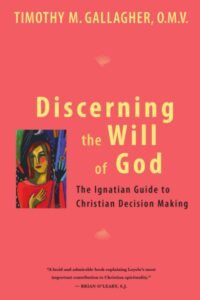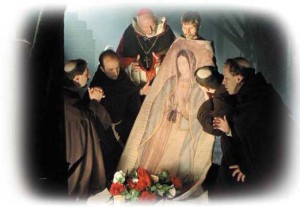Podcast: Play in new window | Download (Duration: 2:10 — 1.6MB) | Embed
Subscribe: Apple Podcasts | Spotify | Amazon Music | Android | Pandora | iHeartRadio | JioSaavn | Podchaser | Gaana | Podcast Index | Email | TuneIn | Deezer | Anghami | RSS | More

In the area of the new evangelization, we need to receive more in prayer. Even more than give witness to an action or word. The deeper we receive his love in prayer, the fewer our words will have to be to have great effect. God’s harvest awaits those who have received His love deeply. And for those who have received his love deeply, they bring forth great fruit. This Advent, let us overcome our impatience to want to spread the Gospel in haste. Let us first spend time deeply receiving the Gospel ourselves, so that the living word of God will transform our hearts, and we may become not simply people who carry words, or actions; witnessing to the love of God. But that we ourselves may become instances of the word of the love our God Himself. We ourselves may become, in our bodies, icons of the love of God. This Advent, let’s deepen our capacity to receive God’s love in prayer and then become this love. The love that the new evangelization is crying out for.
Deacon James Keating, Ph.D., is a professor of Spiritual Theology and serves as a spiritual director at Kenrick Glennon Seminary in St. Louis, MO.
We highly recommend – The Eucharist and the Hope of Conversion with Deacon James Keating Ph.D. Discerning Hearts Podcast
For more from Deacon James Keating check out his “Discerning Heart” page


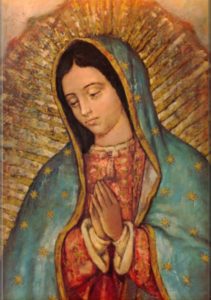
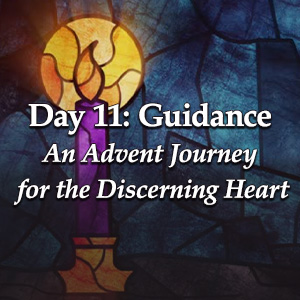 DAY 11 – Guidance
DAY 11 – Guidance
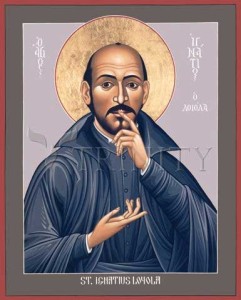 Discerning Hearts Reflection Questions:
Discerning Hearts Reflection Questions: